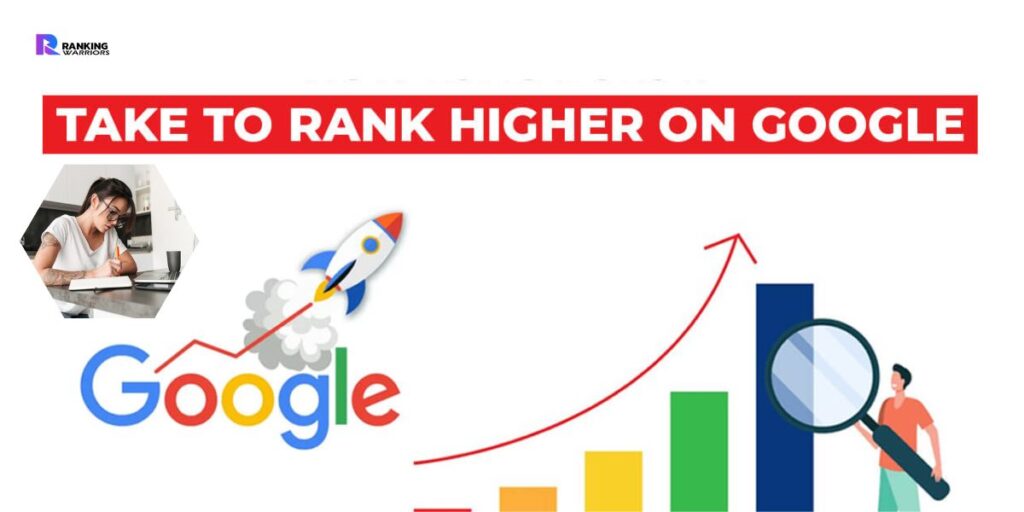If you’ve ever published a website, blog post, or online article and then eagerly searched for it on Google, you’ve probably asked yourself this question: “How long does it actually take to rank on Google?” You’re not alone. It’s a question I get often from clients and fellow digital marketers alike. And the truth is—it depends. But let me break it down for you in a way that’s practical, personal, and grounded in both experience and data.
What Ranking on Google Really Means
When we talk about “ranking on Google,” we’re usually referring to getting a spot on the first page of Google’s search results for a particular keyword or phrase. That’s prime real estate. Over 90% of users never go past the first page. So yes, it matters—and yes, you want to get there as fast as possible. But there’s no magic button. Google’s algorithm takes hundreds of factors into account.
So, How Long Does It Take?
According to a well-known study by Ahrefs, only 5.7% of all newly published pages will reach Google’s top 10 within a year. That means 94.3% never even make it to the first page in that time frame. Ouch. But here’s the twist: those that did make it often ranked within 2 to 6 months. So if you’re publishing something valuable, optimized, and consistent—six months is a reasonable benchmark.
In my own work with WordPress sites and content marketing clients, I’ve seen similar timelines. A brand-new article on a low-competition topic might start ranking within 4 to 8 weeks. On the other hand, more competitive keywords can take 6 months or longer—even with regular updates and backlink building.
Factors That Influence Your Ranking Speed
Let’s unpack the factors that actually affect how quickly you rank:
1. Domain Authority Older, more authoritative websites with solid backlink profiles tend to rank faster. If you’re launching a brand-new site, be patient—it takes time to earn Google’s trust.

2. Keyword Difficulty You’ll rank faster targeting long-tail or low-competition keywords. Going after “best WordPress themes” might take a year. Targeting “best lightweight WordPress themes for artists 2025”? Much faster.
3. Content Quality & Relevance If you write helpful, informative content that answers real questions, you’re already ahead of most people. Google loves content that matches search intent. Always write for humans first.
4. On-Page Optimization Your title tags, meta descriptions, headers, URL structure, and internal linking matter. If you’re not doing these right, you’re making it harder for yourself.
5. Backlinks This is huge. Backlinks are like votes of confidence. The more relevant and trustworthy sites linking to your page, the faster (and higher) you’ll rank.
6. Technical SEO A slow, buggy, or mobile-unfriendly site will hold you back. Google wants to give users a good experience, and it won’t promote pages that don’t deliver.
A Real-Life Timeline Example
I worked with a client last year who launched a niche blog in the financial wellness space. The site was brand new, with zero backlinks and minimal content. But we did three things consistently:
- We targeted long-tail keywords with clear search intent.
- We wrote high-quality blog posts (1,500+ words) that answered real questions.
- We built backlinks through guest posting and organic outreach.

Results? Their first article started ranking on page 2 after one month. After three months, it hit the bottom of page one. By month six, it held steady in positions 4-5 for the main target keyword. That’s not instant, but it’s fast by SEO standards.
What You Can Do to Speed Things Up
Let’s talk action. If you want to rank faster, here’s what I recommend from both my experience and SEO best practices:
- Start with research. Use tools like Google Search Console, Ahrefs, or Ubersuggest to find keywords with low competition and high intent.
- Write content that helps. Think beyond keywords. What would you want to read if you were searching this topic for the first time? Then write that.
- Make your content better than the top 10. Add images, examples, statistics, and expert quotes. Go deeper.
- Promote your content. Don’t just hit publish and wait. Share on social, email your list, repurpose for Medium or LinkedIn. The more eyes, the better.
- Be consistent. One good article is a start. Ten good articles are a signal. Fifty good articles make you an authority.
Bonus Tips That Really Work
One thing I’ve learned over time is that patience mixed with smart hustle works wonders. I’ve had posts sit unnoticed for three months, then jump to the first page overnight after a few strategic backlinks.
Also—don’t underestimate updating old content. Refreshing a post with new stats or better examples can revive it in the eyes of Google.
Another trick? Embed video content from your YouTube channel (if you have one). Google loves multimedia, and it keeps users on your page longer.
Final Thoughts
Ranking on Google isn’t about shortcuts. It’s about strategy, consistency, and understanding how the game works. Don’t get discouraged if your post doesn’t rank in a week. Keep optimizing. Keep creating. Keep learning.
If I had to sum it up? Expect 3–6 months for solid movement, assuming you’re doing things right. And if you’re not seeing progress after 9 months—pause, audit, and adjust.
Because ranking isn’t a race—it’s a process. And the people who win are the ones who keep going.


